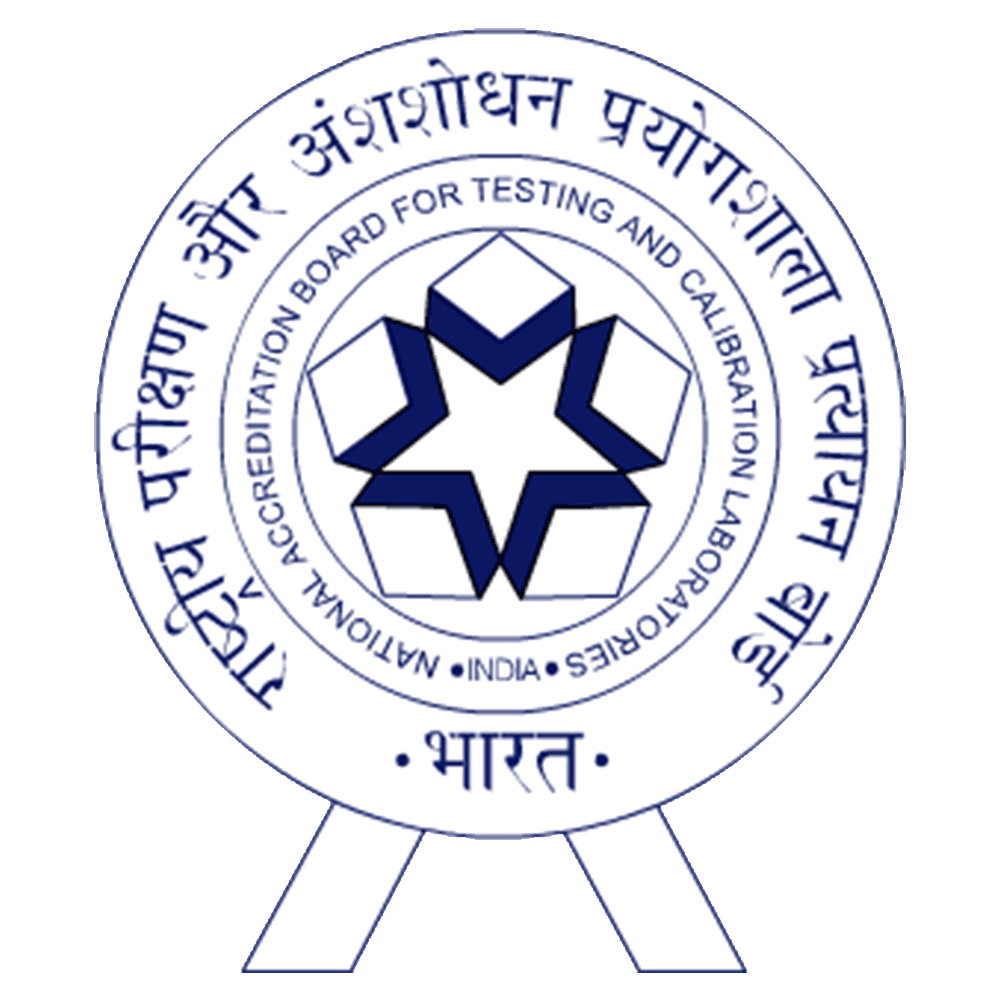H3N2 is a type of influenza virus that can cause respiratory illness in humans. Influenza viruses are known for their ability to spread quickly, especially during the colder months of the year.
Symptoms of H3N2 virus can include fever, cough, sore throat, runny or stuffy nose, body aches, headaches, chills, and fatigue. These symptoms can be similar to those of the common cold, but the flu tends to come on more suddenly and can be more severe.
H3N2 is spread from person to person through respiratory droplets that are released when an infected person coughs or sneezes. You can also contract the virus by touching a surface contaminated with the virus and then touching your mouth, nose, or eyes.
The best way to prevent H3N2 and other flu viruses is to get a flu vaccine every year. The vaccine can help protect you from getting the flu or make the illness less severe if you do get sick. Other preventive measures include washing your hands frequently, avoiding close contact with sick people, and covering your mouth and nose when you cough or sneeze.
If you do get sick with H3N2, it's important to rest and stay hydrated. Over-the-counter medications like acetaminophen or ibuprofen can help relieve symptoms such as fever and body aches. Antiviral medications may also be prescribed by a doctor in some cases, especially for people who are at high risk of developing complications from the flu.
It's important to remember that H3N2 and other flu viruses can be serious, especially for young children, elderly individuals, and people with weakened immune systems. If you or someone you know is experiencing severe symptoms, seek medical attention right away.
Check H3N2 Symptoms here.
Symptoms are the body's alarm system. Ignoring them is like disabling a smoke detector.
The symptoms of the H3N2 influenza virus can vary from person to person but commonly include:
1. Fever
2. Cough
3. Sore
4. throat
4. Runny or stuffy nose
5. Body aches
6. Headaches
7. Chills
8. Fatigue
In some cases, people may also experience nausea, vomiting, or diarrhea, although these symptoms are more common in children than adults. It's important to note that these symptoms can be similar to those of the common cold, but the flu tends to come on more suddenly and can be more severe. If you're experiencing symptoms of H3N2 or any other flu virus, it's important to take steps to prevent the spread of the virus and to seek medical attention if your symptoms are severe or if you're at high risk of developing complications from the flu.
Check Precautions to be taken, here.
An ounce of prevention is worth a pound of cure.
There are several precautions you can take to help prevent the spread of the H3N2 influenza virus and other flu viruses:
1. Get a flu vaccine: The best way to prevent the flu is to get vaccinated every year. The flu vaccine can help protect you from getting the flu or make the illness less severe if you do get sick.
2. Wash your hands frequently: Regularly washing your hands with soap and water for at least 20 seconds can help remove flu viruses that may be on your hands.
3. Avoid close contact with sick people: If someone around you is sick with the flu, try to avoid close contact with them to reduce your risk of getting infected.
4. Cover your mouth and nose: When you cough or sneeze, cover your mouth and nose with a tissue or the crook of your elbow to help prevent the spread of flu viruses.
5. Stay home when you're sick: If you have symptoms of the flu, stay home from work or school to prevent spreading the virus to others.
6. Clean and disinfect surfaces: Use a disinfectant to clean surfaces that are frequently touched, such as doorknobs, countertops, and keyboards.
7. Practice good health habits: Take care of your health by getting plenty of rest, staying physically active, and eating a healthy diet to help boost your immune system.
By taking these precautions, you can help protect yourself and others from getting infected with the H3N2 influenza virus and other flu viruses.
When to see a Doctor?
It's recommended that you seek medical attention if you experience any of the following symptoms:
1. Difficulty breathing or shortness of breath
2. Chest pain or pressure
3. Sudden dizziness or confusion
4. Severe or persistent vomiting
5. High fever that persists for more than a few days
6. Symptoms that improve but then return with fever and worse cough
These symptoms can indicate a more serious complication of the H3N2 influenza viruses, such as pneumonia, bronchitis, or bacterial infection. It's important to seek medical attention promptly if you experience any of these symptoms, especially if you're at high risk of developing complications from the flu, such as young children, elderly individuals, pregnant women, and people with weakened immune systems or underlying medical conditions.
Additionally, if you're not sure if you have the flu or another respiratory illness, or if your symptoms are mild but you're concerned, it's always a good idea to check with your healthcare provider. They can help you determine if you need to be tested for the flu or if you need additional treatment or care.



